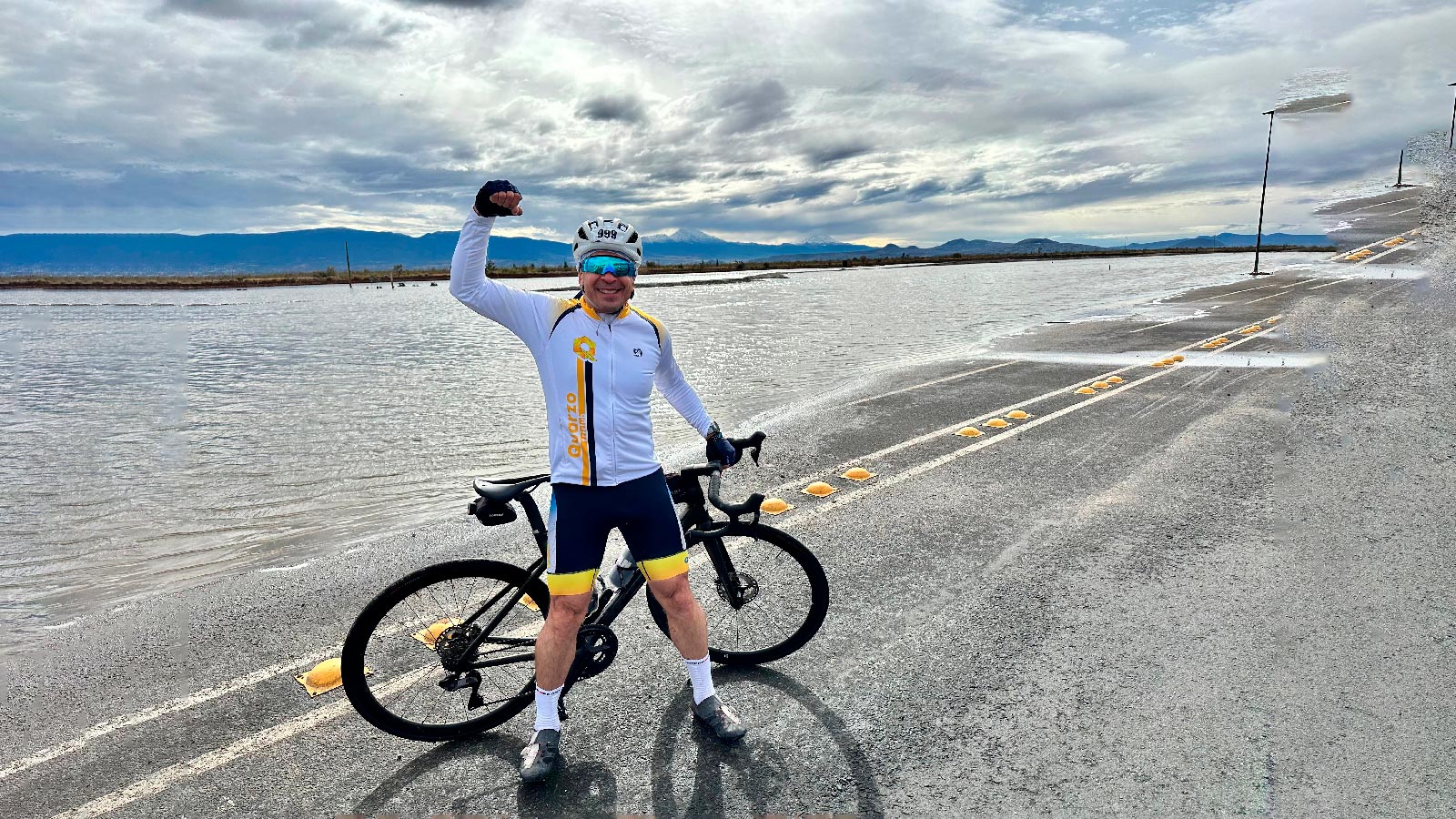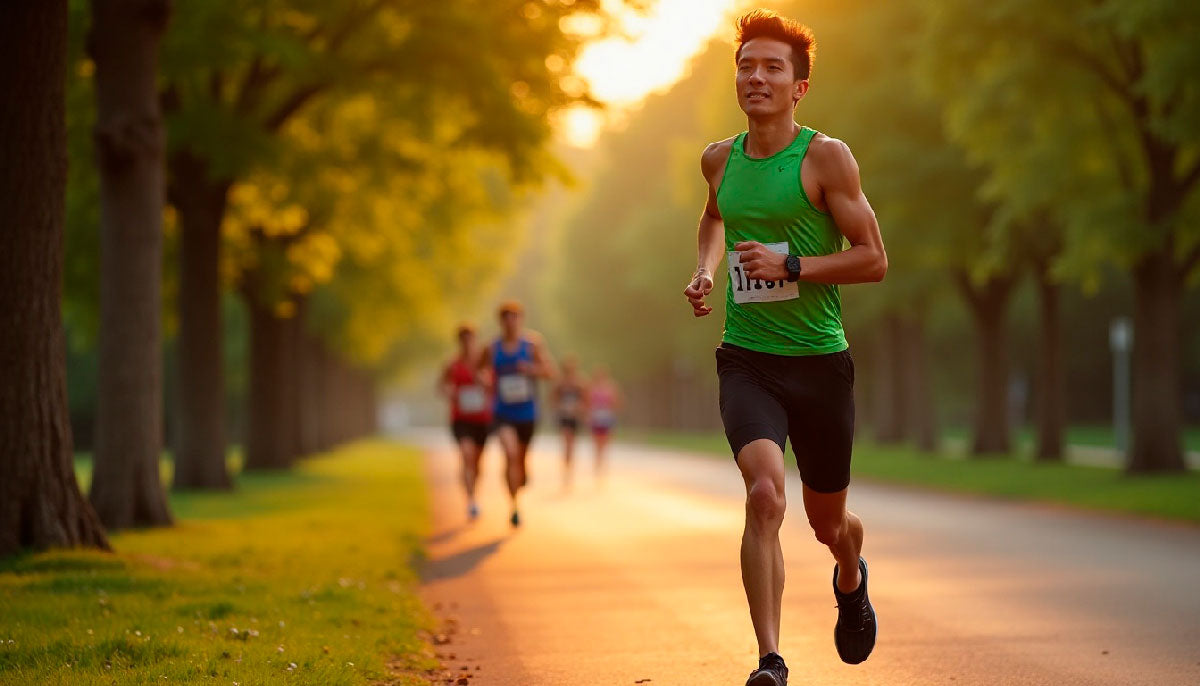
Triathlon Cycling: Complete Guide to Routes, Training, and Preparation
In triathlon, cycling isn't just the intermediate stage: it's the longest, the most tactical, and often the most decisive. In this guide, we bring together the experience and advice of Víctor Hugo Bustamante, a FMTRI-certified coach and triathlete with six full Ironmans, 26 half Ironmans, and more than 20 marathons. His story and lessons show us that training mindfully makes all the difference.

Why is cycling crucial in triathlon?
Victor Hugo puts it clearly: "I love cycling. It's the discipline in which I perform best, but also the one I enjoy the most." Cycling is where you spend the most time during a competition. It affects your final performance and can determine how you'll finish in the race.
Furthermore, it's the stage where strategic decisions are most felt: nutrition, hydration, pace, weather, slopes, and mentality.
How to train for cycling for triathlon: the 3 pillars
-
Speed:
-
Sprints to raise your pulse and work on lung capacity.
-
Repetitions with short breaks.
-
-
Force:
-
Demanding climbs or high resistance rollers.
-
You develop muscle and power to keep up.
-
-
Endurance:
-
-
Long rides: 2, 3, up to 5 hours.
-
It teaches you to sustain constant effort and manage nutrition and hydration.
-
And don't forget the mental component: training your head is just as important as training your legs.
How to choose your bike if you're just starting out
"It's like your sneakers or your trisuit: you have to like it and it has to fit you."
- Define your budget. You don't need the most expensive bike, but you do need a reliable one.
- Look for a road bike, not a mountain bike.
- Get a bike fit. One that fits your height, arm length, and torso.
- If you're just starting out, you can buy a used one. Then you can upgrade to a high-end bike.
Checklist for your bike before a competition
- ☐ Mechanical inspection one week before (gearboxes, brakes, chain, tires).
- ☐ If you use electronic gears, check the battery.
-
☐ Bring a bag with:
- ☐ Replacement camera
- ☐ CO2 cartridge
- ☐ Spatulas
-
☐ And just in case: carry a $200 bill for emergencies.
When does cycling become mental?
In long events and extreme climates (heat, humidity), suffering sets in. Victor Hugo explains it this way:
"You start to suffer after an hour and a half... your body wears out, but your mind can sustain you."
Tips to overcome difficult times:
- Constant hydration and nutrition strategy.
- Positive thoughts and goal visualization.
- Remember your workouts, your team, your family.
The best cycling training routes in Mexico City
Although Mexico City may seem hostile to cycling, Victor Hugo shares useful routes for all levels:
-
Urban and accessible:
-
University City: Safe and popular
-
Bicentennial Park and La Mexicana: Very good for smooth rides
-
-
More demanding:
-
The Dynamos: Short but with a steep slope.
-
Ajusco: Combination of flat sections and long climbs.
-
Otomí Ceremonial Center: Challenging climb and spectacular scenery.
-
-
Speed training:
-
Texcoco Ecological Park: A 30-km, completely flat circuit. Ideal for practicing rhythm and speed.
-
About the guest author
"Prepare with structure, with awareness, with focus. And never stop visualizing that you will get there."

Víctor Hugo Bustamante is a Level II certified trainer from FMTRI, a computer engineer from UNAM, an MBA from ITAM, and the founder of Quarzo Tri Club. You can follow him on Instagram @VHcontentote
Did you like this guide?
Visit our blog at kumi-mx.com and follow us on Instagram for more tips, interviews, and content tailored to triathletes like you.
Because at KUMI we don't just design clothes, we accompany you at every stage of your journey.



Leave a comment
This site is protected by hCaptcha and the hCaptcha Privacy Policy and Terms of Service apply.